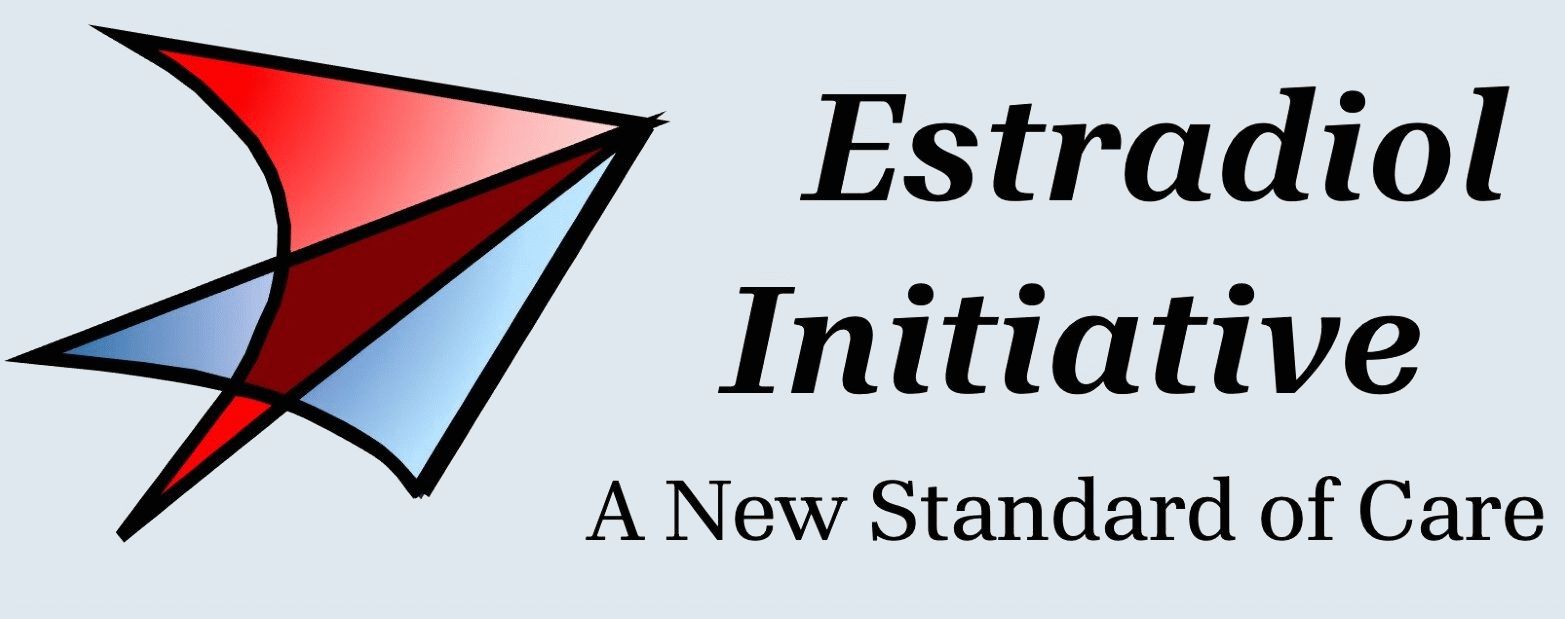Preclinical cancer research, by definition, is research done with living cells, tissue, or organisms, but not with humans. For instance, some of the earliest research by Charles Huggins, MD was done with castrated dogs. This led to him winning the Nobel Prize for extending the lives of prostate cancer (PCa) patients with Androgen Deprivation Therapy (ADT).
More commonly now, rats are model organisms for preclinical research about PCa. Rats are easier to raise and maintain than dogs, monkeys, or other primates. Also, much is known about the aspects of rats’ endocrinology and neurobiology that can affect their behavior in measurable ways; importantly, this information can be related to the quality of life (QoL) of men with PCa.
Here we report on two areas of preclinical QoL research that our team has been involved with that used rats as our model organism.
Does Low Testosterone Reduce Sleep Quality and Increase Fatigue?
Men on ADT have extremely low levels of testosterone, which reduces PSA levels and delays PCa progression. Unfortunately, ADT also causes (1) hot flashes that can disrupt sleep, (2) fatigue, and (3) brain fog, among other side effects. Some of these adverse side effects are not due to the loss of testosterone, but rather to the secondary loss of the hormone estradiol, which is normally present in men and other mammals (including rodents) deprived of their testosterone.
Our team explored how supplemental estradiol affects sleep quality in male rats that had been surgically castrated. We studied three groups of rats: 1) castrated rats receiving high-dose estradiol dissolved in oil, 2) castrated rats receiving just oil without estradiol, and 3) uncastrated intact rats as controls. We then assessed their brain activity by monitoring their sleep-wake parameters under normal conditions, and after six hours of sleep deprivation.
We found that the estradiol-treated castrated rats showed notable differences compared to the rats that lacked both testosterone and estradiol. Notably, they had more wake time during their normal active part of the day. In addition, when sleeping, they had less Rapid Eye Movement (REM) sleep.
After sleep deprivation, all the rats showed a rebound in sleep quality, but their recovery varied. Estradiol-treated castrated rats had a stronger REM sleep rebound, meaning that they recovered more of the beneficial REM sleep compared to the other groups. Improved REM sleep associated with estradiol treatment has implications for improving the quality of life of PCa patients, since inadequate REM sleep has been associated with cognitive impairment in humans.
Our findings suggest that estradiol therapy can promote wakefulness and enhance REM sleep recovery after sleep loss in androgen-deprived humans. Although this research was done with rats and not humans, it suggests a mechanism by which estradiol therapy may lead to less physical and mental fatigue in PCa patients on ADT.
Reference: Wibowo, E., Deurveilher, S., Wassersug, R.J. and Semba, K., 2012. Estradiol treatment modulates spontaneous sleep and recovery after sleep deprivation in castrated male rats. Behavioural brain research, 226(2), pp.456-464.
Does Estradiol Increase Sexual Interest?
We also documented that the castrated male rats, when given estradiol, showed significantly more interest in female rats than the males who were castrated but received no estradiol. This led to an extensive review of the influence of estradiol on the sexual interest of androgen-deprived males of other species. As noted in our rat sleep study (see above), ADT has many side effects. These include the loss of sexual desire and erectile dysfunction.
While treatments exist for erectile dysfunction, there is no standard treatment for restoring sexual desire. We summarized evidence showing that estradiol can help maintain or restore some level of sexual interest in castrated males across many species, including reptiles, birds and mammals. In humans, some PCa patients on estradiol therapy anecdotally report retaining sexual interest, even without erections.
These findings suggest that estradiol therapy may potentially help strengthen the dyadic (interpersonal) bond between PCa patients and their partners. Even though estradiol therapy may not restore erections, it may help bolster couples’ dynamics and intimacy in a general sense. More research is needed, however, to better understand how estradiol therapy affects patients who desire partnered sexual activity.
Reference
Wibowo, E., & Wassersug, R. J. (2013). The effect of estrogen on the sexual interest of castrated males: Implications to prostate cancer patients on androgen-deprivation therapy. Critical Reviews in Oncology/Hematology, 87(3), 224–238.
